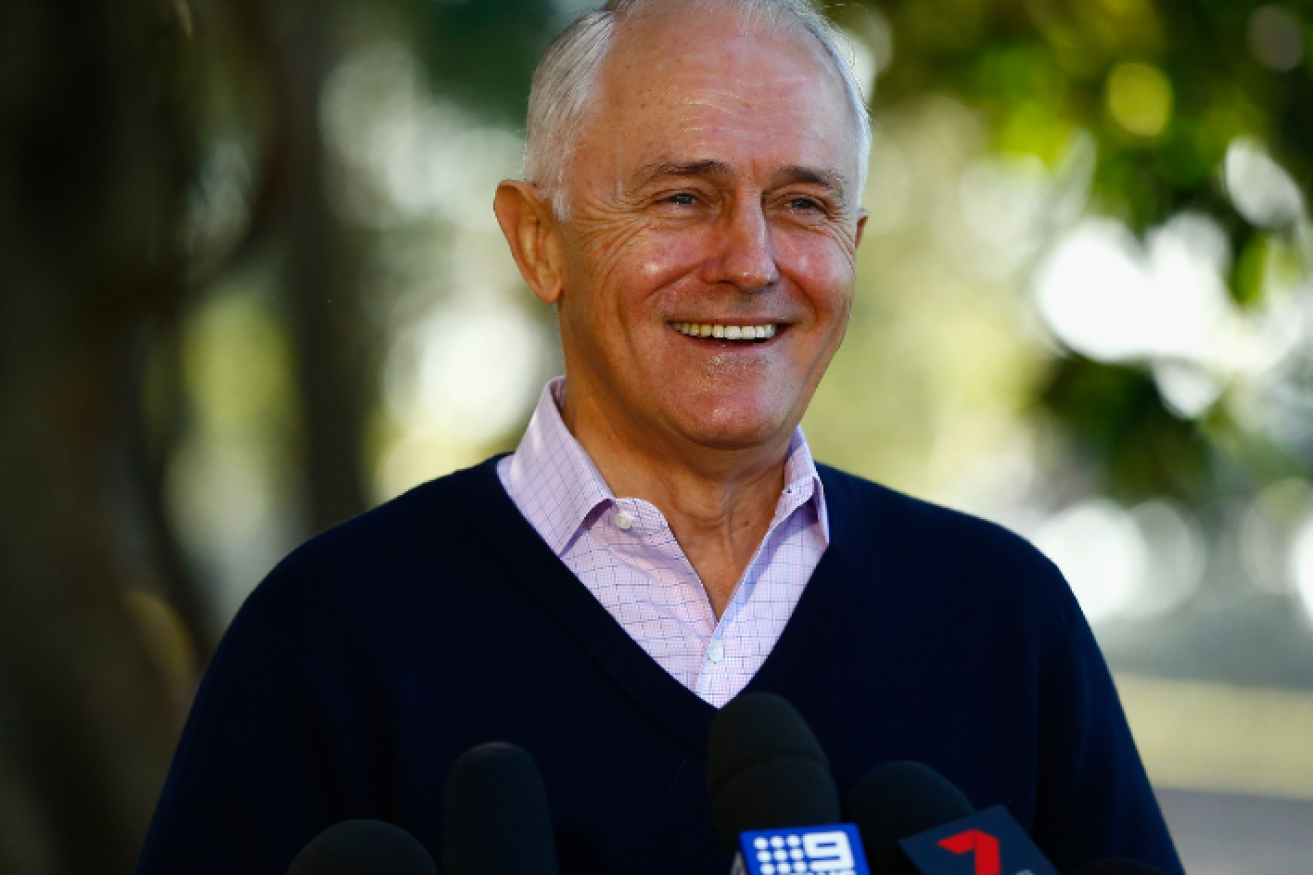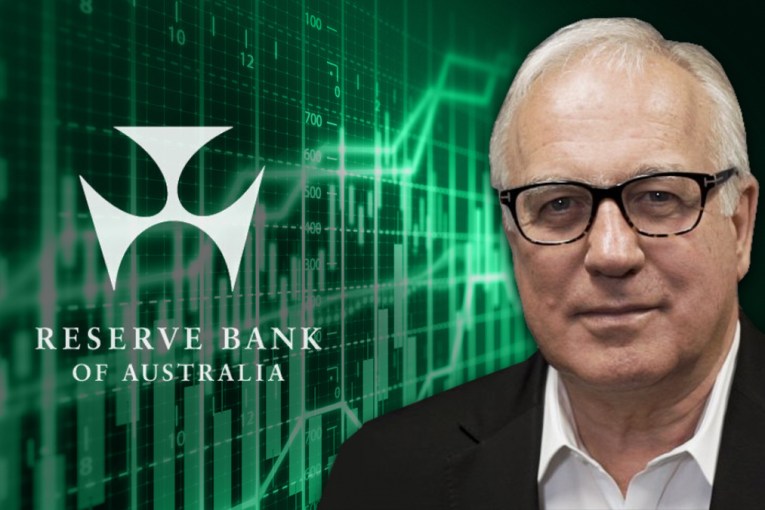Malcolm Turnbull’s lack of political judgement on display with Husar inquiry comment


Malcolm Turnbull suggested there could be a parliamentary inquiry into the conduct of outgoing Labor MP Emma Husar. Photo: AAP
The coincidental timing of Barnaby Joyce’s ‘confessional’ book tour with the resignation of Emma Husar this week has not only confirmed that politicians are fallible humans like the rest of us. It’s also magnified one of the Prime Minister’s biggest flaws.
It’s been said before, but it bears repeating: Malcolm Turnbull has no political judgement. Or any capacity for self-reflection, it seems.
It was no surprise when the federal Labor backbencher announced on Wednesday that she would not be contesting the next federal election.
Ms Husar joins the list of politicians who’ve stood down following allegations of unacceptable behaviour, such as Mr Joyce and Jamie Briggs, or unacceptable use of taxpayer funds, such as Bronwyn Bishop and Sussan Ley.
We may never know whether the claims of bullying and misusing taxpayer funds made against Ms Husar were real or a political stitch-up as she claims, given the Labor Party’s investigation of the allegations was kept in-house.
But how is that any different to the Nationals conducting an in-house investigation into claims against Mr Joyce of sexual harassment? An investigation, it should be noted, that still has not been finalised six months after the original complaint.
Yet the Prime Minister responded to news of Ms Husar’s resignation by suggesting a parliamentary inquiry could be held into the complaints made against her.
Mr Turnbull’s parliamentary colleagues will have shuddered at the thought of the PM flinging open this Pandora’s Box. If one toxic workplace is worthy of a parliamentary inquiry, why not broaden the investigation to include others?
How about the office of former deputy prime minister Joyce for example. Mr Joyce’s chief of staff reportedly instructed her boss to move media adviser Vikki Campion from the office because his relationship with Ms Campion was affecting other staff. Mr Joyce did so, but his chief of staff, Di Hallam, also ended up leaving the Deputy PM’s office.
Then there’s the office of Michaelia Cash, which has reportedly churned through 12 staff in less than a year. That’s only two examples – there’s undoubtedly more toxicity hidden in the hundreds of parliamentary workplaces.
Of course, Emma Husar is not the actual target of Malcolm Turnbull’s cack-handed proposal of a parliamentary inquiry. The real target is Opposition Leader Bill Shorten, who the PM hopes to expose as having ‘protected’ Ms Husar despite the claims of bullying and rorts.
Sure, it’s difficult to swallow Mr Shorten’s claim that he didn’t know about the Husar investigation until his office was contacted by the media about it a few weeks ago. Particularly when the Labor backbencher was reportedly close to Mr Shorten and his wife Chloe, as well as staff in the Opposition Leader’s office. And given plenty of other senior Labor MPs seemed to already know about it.
It is a legitimate question to ask whether the alternative prime minister deliberately turned a blind eye to Ms Husar’s deteriorating behaviour, and whether he colluded with Labor MPs, advisers or the party machine to keep the resulting allegations from the media and therefore the public. The question goes directly to the trustworthiness of Mr Shorten and his fitness for high office.
However, it’s also legitimate to ask whether the current PM deliberately turned a blind eye to Mr Joyce’s deteriorating behaviour – some of which is confirmed in his ‘tell-all’ book – and whether Mr Turnbull colluded with MPs, advisers or party machines to keep the resulting allegations from the media and the public. Particularly the voters of New England during the by-election last year.
And not just the claim that Mr Joyce flouted the ministerial code by shifting his pregnant lover to another minister’s office, or that he misused taxpayer funds, but also the allegation that he had sexually harassed a woman.
Again, the question goes directly to the trustworthiness of Mr Turnbull and his fitness for high office.
Neither Mr Turnbull nor Mr Shorten has come out of either imbroglio looking particularly prime ministerial. Yet thanks to his own lack of self-reflection and broken political compass, Malcolm Turnbull has risked dragging the microscope away from Bill Shorten’s behaviour to focus on his own.
Voters are entitled to know what the PM did to ensure any decisions made by the then deputy PM were sound, given Mr Joyce’s book divulges he’d been careening out of control for quite some time with bouts of drinking too much and episodes of depression.
For example, was it a sound policy decision to upend an entire government agency and move it from Canberra to Mr Joyce’s rural electorate, or just a political whim? Perhaps that should be the focus of a new parliamentary inquiry.
It’s true, as Coalition MPs keep banging on, that Bill Shorten has questions to answer. But so does Malcolm Turnbull. The PM also had a much greater responsibility than Bill Shorten to do something about his troubled colleague.








